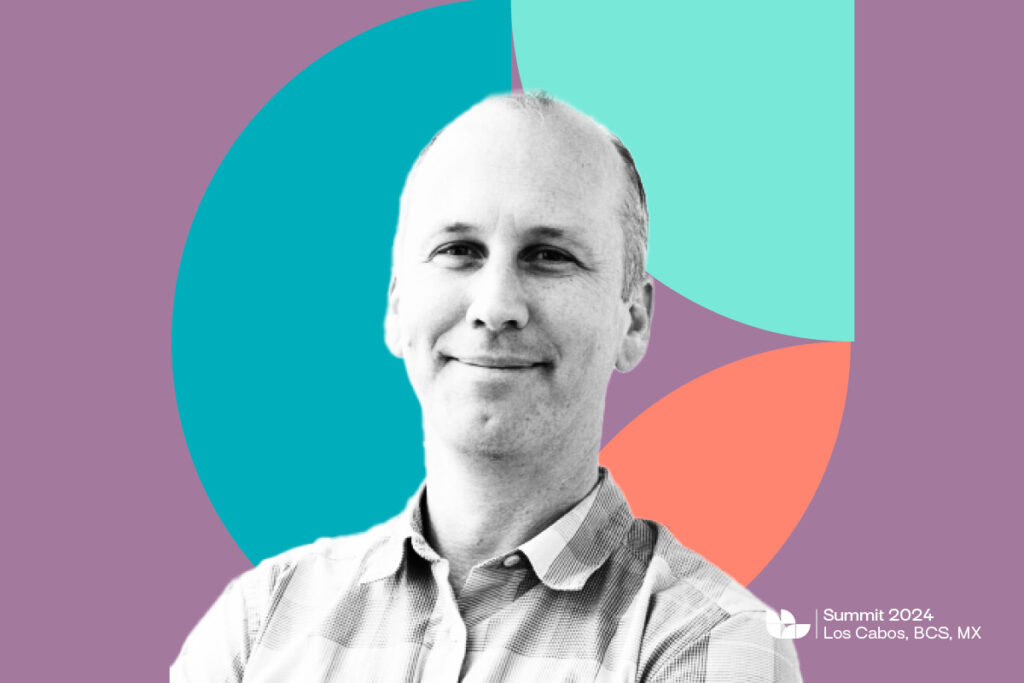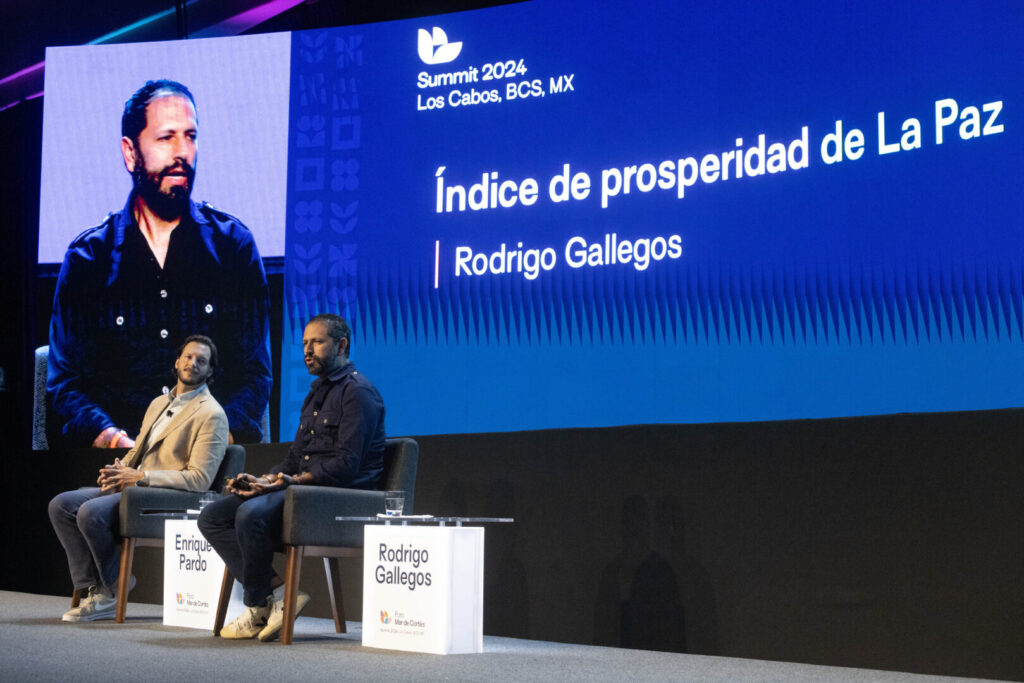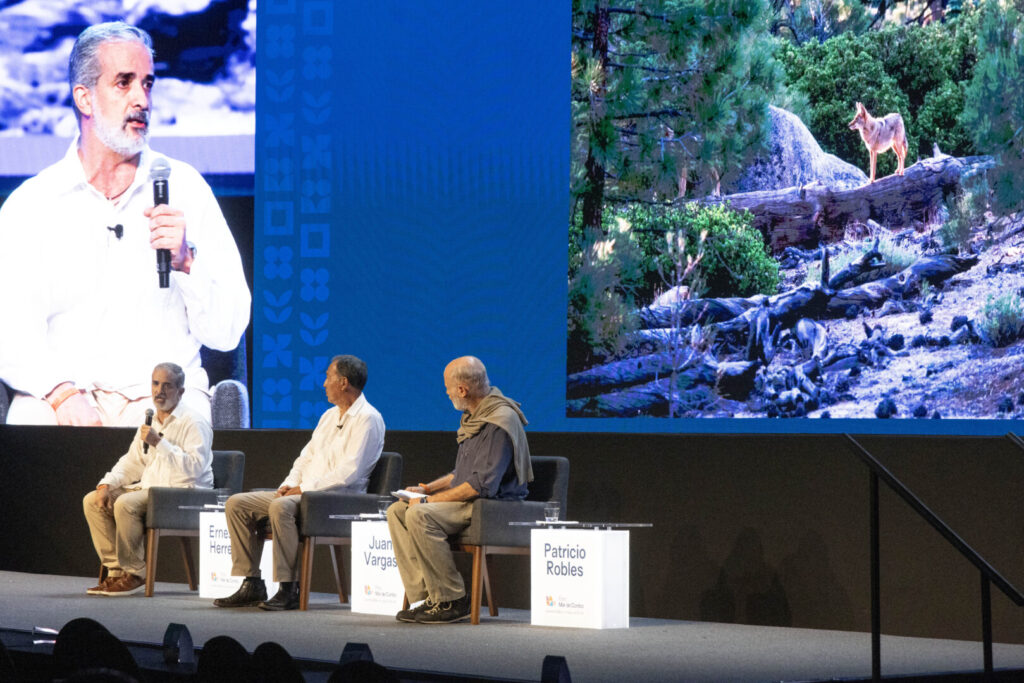Ben Halpernleading biologist and leader of the Gulf of California Health Indexwill join the panel Cities building healthy ecosystems during the Summit 2024 Cities with a Future. No fear of actionwhich will take place from November 13 to 15 at Los Cabos.
The event will bring together experts and leaders in sustainability and environmental health, addressing critical challenges for the future of cities and their ecosystems.
During his participation, Halpern will present the findings on the direct and indirect causes of the deterioration of the Sea of Cortezusing the Health Index of the Gulf of California as a valuable tool. This index is a fundamental resource for the regional collaborative platform, facilitating joint action in favor of the restoration and conservation of the Gulf of California.
Halpern, a biologist with a degree from Carleton College and a Ph.D. in Ecology, Evolution and Marine Biology from the University of California at Santa Barbara (UCSB), has been noted for his contributions to the planning of the marine conservation and to the analysis of the interaction between ecology and human dynamics.
The panel, which will be moderated by Enrique Pardo of the Alumbra Innovations Foundation, Halpern will be accompanied by Christy Waltonfounder of iAlumbra; Christopher TealU.S. Consul General in Tijuana; Tania Rodríguez Riestrafounder of Co_Plataforma; and Rocío Abud MirabentThe Coppel Foundation's director.
Halpern's background includes a postdoctoral fellowship at the National Center for Ecological Analysis and Synthesis (NCEAS) and The Nature Conservancyand a research period at Imperial College London. He has led high-impact research projects, such as the Ocean Health Index and their work has been instrumental in understanding and mapping the cumulative impacts on marine and freshwater ecosystems.
In addition to his role at NCEAS, Halpern is a co-founder of the Aquaculture Conservation Research Team (CART), and has conducted extensive expeditions in areas as diverse as the Caribbean, the Red Sea, the Mediterranean and various parts of the Pacific.
His research, ranging from trophic interactions to marine population dynamics, seeks to provide conservation solutions at local and global scales.





